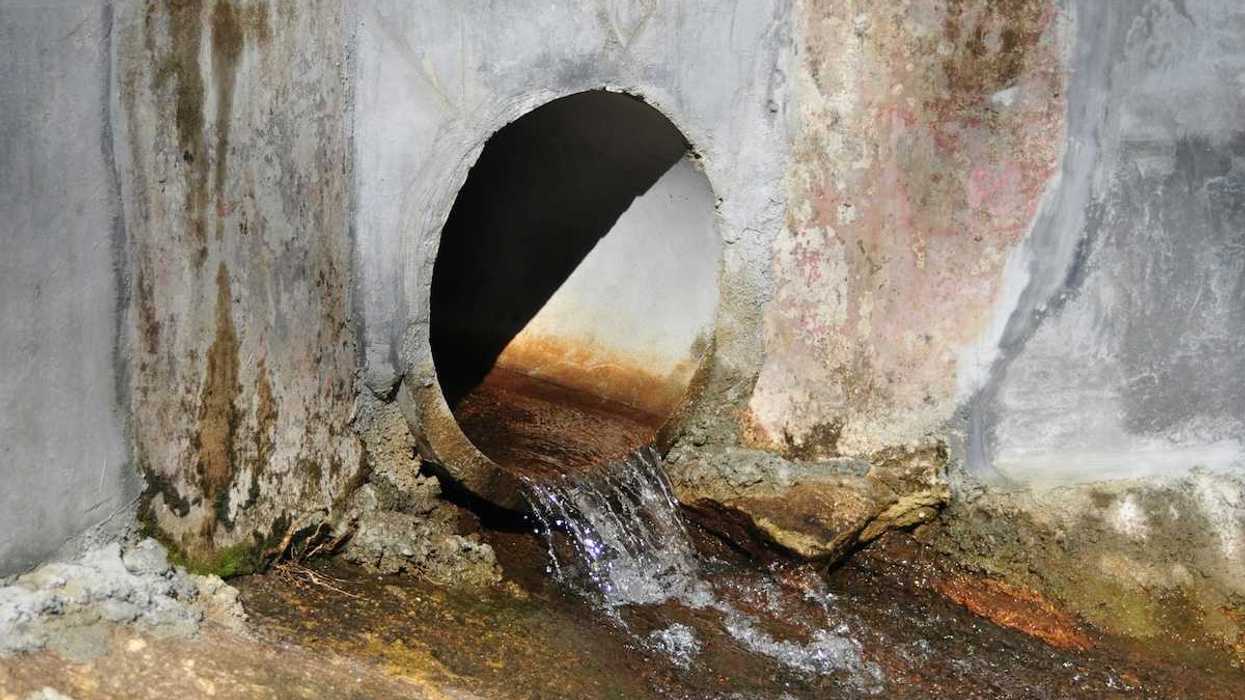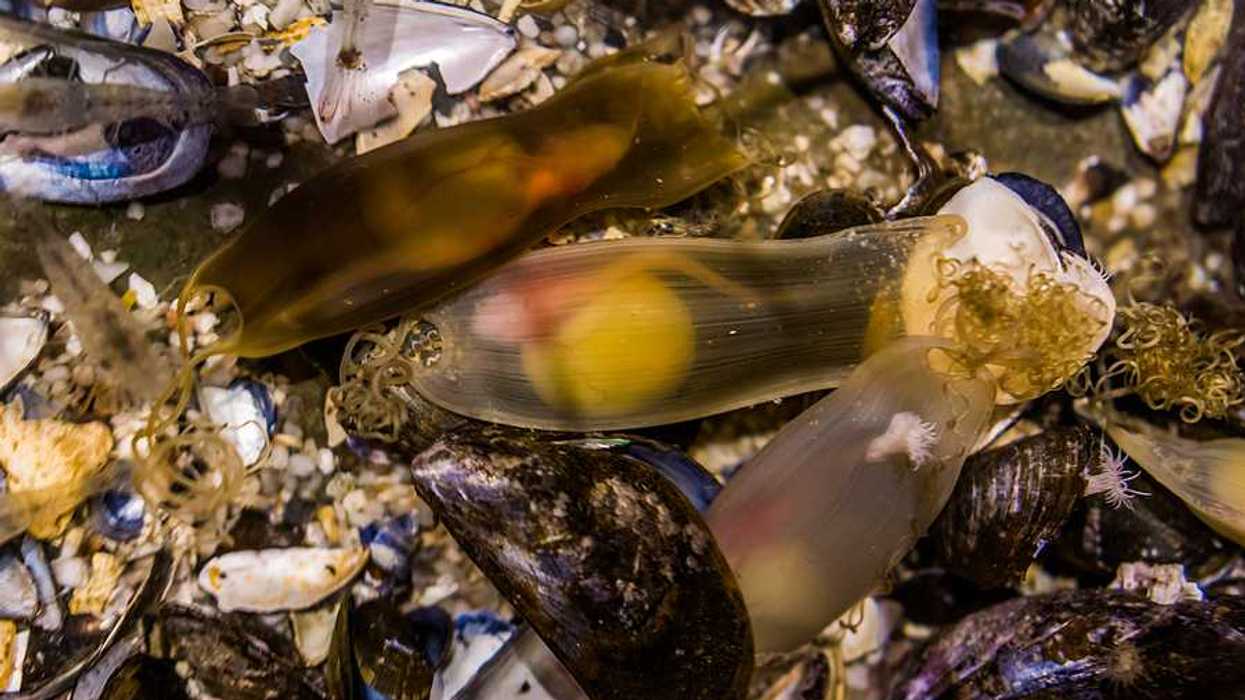Microplastics have been found in human testicles, raising questions about their impact on male fertility and health.
Joseph Winters reports for Grist.
In short:
- Researchers detected microplastics in every human and dog testicular tissue sample tested.
- Polyethylene was the most common plastic polymer found in these tissues.
- The study suggests microplastics might breach the blood-testis barrier and impact reproductive health.
Key quote:
"After we received the dog results I was so surprised."
— Xiaozhong Yu, environmental health professor at the University of New Mexico and co-author of the study
Why this matters:
Microplastics, fragments of plastic less than five millimeters in size, are pervasive in our environment, making their way into the air we breathe, the water we drink, and the food we eat. Previous studies have identified microplastics in human lungs, blood, and even placentas, but this is the first time they have been detected in the testicles. The implications of this discovery are profound, given the critical role of the testicles in sperm production and hormonal balance.














